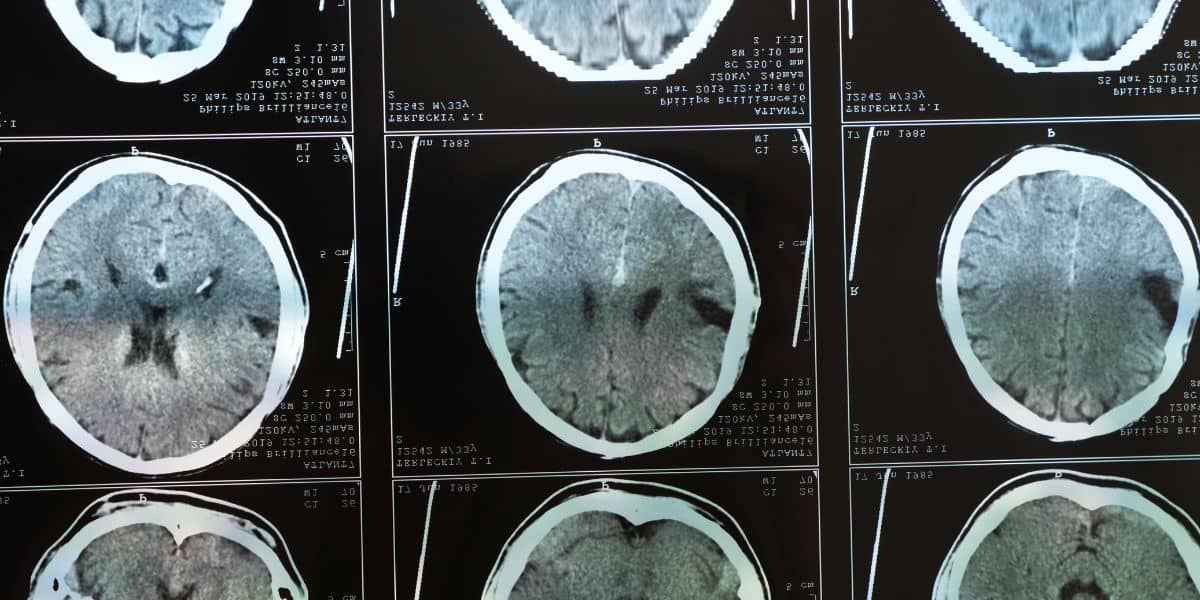What Is Wernicke-Korsakoff Syndrome?

Wernicke-Korsakoff Syndrome (WKS) is a serious brain disorder often linked to chronic alcohol misuse, known as alcohol use disorder. This condition combines two stages: Wernicke encephalopathy and Korsakoff syndrome.
Both come from a deficiency in thiamine, also known as vitamin B1, which is essential for brain cell function. This crucial nutrient can lead to significant brain damage, impacting memory and cognitive abilities.
What Is Wernicke-Korsakoff Syndrome?
A lack of thiamine or vitamin B1 causes Wernicke-Korsakoff syndrome. Thiamine is essential for brain cells to use glucose as energy.
Chronic alcohol abuse is the most common cause of this deficiency. Alcohol can make it harder for the body to absorb thiamine and convert it into its active form. Additionally, alcoholics often have poor nutrition, worsening the deficiency.
Other risk factors for developing WKS include conditions that interfere with nutrient absorption, such as stomach disorders, eating disorders, and chronic infections. People undergoing long-term dialysis or those with certain cancers are also at risk.
In some cases, genetic factors may predispose individuals to thiamine deficiency. Certain medications, such as diuretics, can also increase thiamine excretion, contributing to the development of WKS.
Monitoring and managing these risk factors, especially in individuals with a history of alcohol use disorder, is important. This includes keeping a close watch on their behaviors and habits. By doing so, we can help prevent any potential negative consequences related to their past alcohol use.
What Causes Wernicke-Korsakoff Syndrome?
Wernicke-Korsakoff syndrome is caused by a lack of thiamine, also known as vitamin B1. Thiamine is essential for brain cells to use glucose as energy.
Chronic alcohol abuse is the most common cause of this deficiency. Alcohol can make it harder for the body to absorb thiamine and convert it into its active form. Additionally, alcoholics often have poor nutrition, further exacerbating the deficiency.
Other risk factors for developing WKS include conditions that interfere with nutrient absorption, such as gastrointestinal disorders, eating disorders, and chronic infections. People undergoing long-term dialysis or those with certain cancers are also at risk.
In some cases, genetic factors may predispose individuals to thiamine deficiency. Certain medications, such as diuretics, can also increase the excretion of thiamine, contributing to the development of WKS.
Monitoring and managing these risk factors, especially in individuals with a history of alcohol use disorder, is important. This includes keeping a close watch on their behaviors and habits. By doing so, we can help prevent any potential negative consequences related to their past alcohol use.

Symptoms of Wernicke-Korsakoff Syndrome
The symptoms of Wernicke-Korsakoff syndrome vary depending on whether an individual is experiencing Wernicke encephalopathy or Korsakoff syndrome.
Wernicke encephalopathy symptoms include:
- Confusion
- Coordination Problems
- Abnormal eye movements like nystagmus
- Lack of muscle coordination known as ataxia
- Low blood pressure
- Hypothermia
These symptoms indicate harm to various areas of the nervous system. The cerebellum and brainstem are particularly affected. These areas are crucial for controlling movement and essential bodily functions.
If the condition progresses to Korsakoff syndrome, the symptoms become predominantly cognitive. These include severe memory loss, particularly affecting short-term memory, difficulties in acquiring new information, and confabulation.
People with Korsakoff syndrome may appear to retain older memories relatively well but struggle with recent events and facts. This difference can confuse what is real. People might make up believable but untrue stories to explain why they can’t remember certain things.
Certain parts of the brain, such as the mammillary bodies and thalamus, have been severely damaged. This has led to cognitive impairments that affect memory formation and retrieval.
Long-Term Effects of Wernicke-Korsakoff Syndrome
Wernicke-Korsakoff syndrome, if left untreated, can lead to permanent and severe long-term effects. Lack of thiamine can damage brain cells, particularly in crucial regions such as the thalamus and hypothalamus.
These areas are essential for memory and emotions. This brain damage often results in persistent memory disorders, with the potential for lifelong care needs. People with severe symptoms may require constant assistance and supervision to manage daily activities. This is because they may struggle with memory and decision-making.
The long-term effects extend beyond memory issues. Individuals may experience chronic neurological disorders, including persistent lack of muscle coordination, difficulties in speech, and a general decline in cognitive abilities. These symptoms significantly impair daily functioning and quality of life, necessitating comprehensive long-term care.
Chronic alcoholics are especially vulnerable as continued alcohol consumption perpetuates the deficiency and exacerbates the damage. Severe cases of WKS can be life-threatening, causing infections or complications from malnutrition. Early intervention and ongoing medical care are crucial.
Preventive Measures and Early Detection of WKS
Preventing Wernicke-Korsakoff syndrome involves addressing the underlying causes, particularly chronic alcohol misuse and nutritional deficiencies. Education on the importance of a balanced diet rich in vitamins and minerals, including thiamine, is crucial. Healthcare providers should check people at risk for signs of thiamine deficiency. People at risk include those who drink a lot or have a poor diet.
Regular monitoring and supplementation of thiamine, especially in high-risk groups, can prevent the onset of WKS. Medical settings, particularly in emergency rooms and psychiatric facilities, should implement protocols for the early detection and treatment of thiamine deficiency. This can include the routine administration of thiamine supplements to individuals presenting with symptoms suggestive of alcohol use disorder or malnutrition

Treatment for Alcohol Use Disorder at Northridge Addiction Treatment Center
Addressing alcohol use disorder is a critical step in both preventing and treating Wernicke-Korsakoff syndrome.
Struggling with alcohol addiction and looking for effective, compassionate treatment can be a daunting experience. It’s natural to have questions or doubts. If you or a loved one is facing these challenges, know that you’re not alone. Many people hesitate to seek treatment for various reasons.
At Northridge Addiction Treatment Center, we have a team of compassionate professionals who understand how overwhelming the thought of change can be. We take the time to address your concerns and create a treatment plan that is personalized to your unique needs.
Our private and intimate residential treatment center offers a serene and safe environment where you can gain confidence in your recovery journey. We provide onsite medical detox to keep you safe as comfortable as possible during the withdrawal process accompanied with medication-assisted treatment and dual diagnosis.
We use evidence-based treatment approaches to tackle the root causes of addiction, helping you develop healthy coping mechanisms and communication skills for a successful future.
Our caring specialists are ready to support you in starting a new chapter rooted in recovery. Contact us today to begin your journey.
Find Meaningful Recovery
Our caring and compassionate specialists are eager to help you comfortably navigate this journey to recovery. Our individualized treatment plan, programs, and therapies may be a perfect match for you or your loved one. Let us assist you in living the happy life you deserve. It starts with a phone call.




